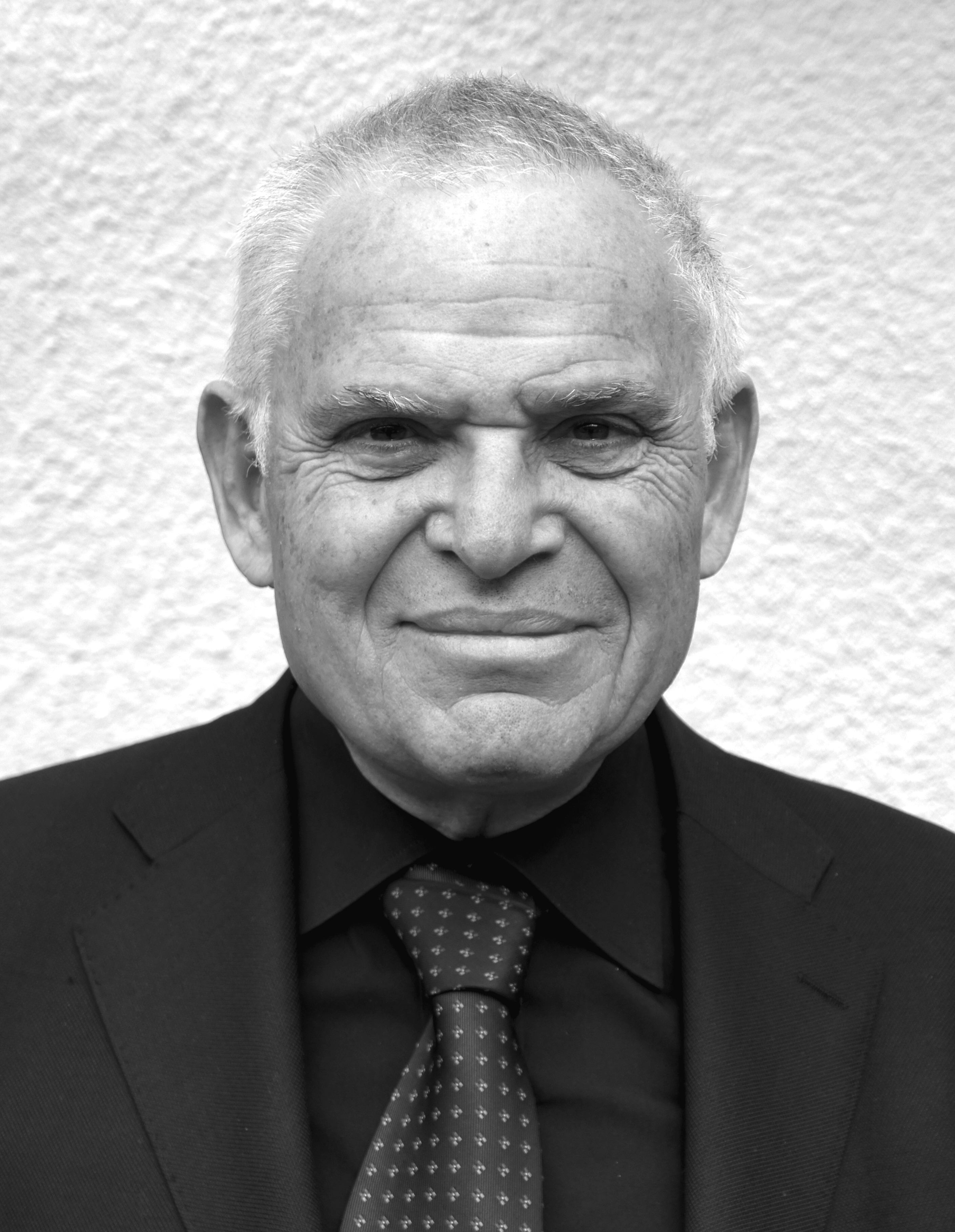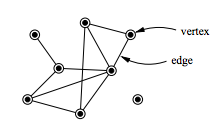|
Geoeconomics
Geoeconomics (sometimes geo-economics) is the study of the spatial, temporal, and political aspects of economies and resources. Although there is no widely accepted singular definition, the distinction of geoeconomics separately from geopolitics is often attributed to Edward Luttwak, an American strategist and military consultant, and Pascal Lorot, a French economist and political scientist. The Singapore Economic Forum has emphasized the increasingly dynamic, complex aspects of leaders' decisions in the “Age of Geoeconomics”. Policy makers and CEOs alike have to "assess constantly techno-economic returns and legal-political risks on a combined geoeconomic plane." Azerbaijani economist Vusal Gasimli defines geo-economics as the study of the interrelations of economics, geography and politics in the "infinite cone" rising from the center of the earth to outer space (including the economic analysis of planetary resources). In geopolitics, a common approach involves three le ... [...More Info...] [...Related Items...] OR: [Wikipedia] [Google] [Baidu] |
Pascal Lorot
Pascal Lorot (born 30 April 1960 at Clichy) is a French economist and geopolitician. Biography He earned an economics PhD from the l'Institut d'études politiques de Paris (1987). He has been the president of Institut Choiseul for International Politics and Geoeconomics since 2003, and has also been a member of the French Commission of Energy Regulation since November, 2003.Institut Choiseul – Pascal Lorot Lorot's past activities include: director of economic studies for the French oil company Total (1995-2002), many ministerial cabinet positions, a counselor for the president of the |
Geopolitics
Geopolitics (from Greek γῆ ''gê'' "earth, land" and πολιτική ''politikḗ'' "politics") is the study of the effects of Earth's geography (human and physical) on politics and international relations. While geopolitics usually refers to countries and relations between them, it may also focus on two other kinds of states: ''de facto'' independent states with limited international recognition and relations between sub-national geopolitical entities, such as the federated states that make up a federation, confederation, or a quasi-federal system. At the level of international relations, geopolitics is a method of studying foreign policy to understand, explain, and predict international political behavior through geographical variables. These include area studies, climate, topography, demography, natural resources, and applied science of the region being evaluated. Geopolitics focuses on political power linked to geographic space. In particular, territorial waters and l ... [...More Info...] [...Related Items...] OR: [Wikipedia] [Google] [Baidu] |
Singapore Forum
The Singapore Forum, also known as Singapore Economic Forum (SEF), was re-established in 2022 as a high-level Asia Pacific plus G12 nations annual event held in Singapore – typically in the third week of November (date may vary in accordance with Chinese New Year). The forum brings together policy makers, Ivy League academics and S&P Global 100 executives for up to three days to discuss the key financial, geo-economic and social issues that will define the "Asian Century": notably the growing convergence of economic and social growth dynamics in light of the Sustainable Development Goals and the way long-term asset owners such as pension funds and sovereign wealth institutions are "shifting the trillions" towards the region's asset classes — including, listed equity, private equity, venture capital and infrastructure assets. The event is organized by the APAC Leadership Council, an Anglo-Singaporean think tank, in association with global, regional & national industry groups, ... [...More Info...] [...Related Items...] OR: [Wikipedia] [Google] [Baidu] |
Vusal Gasimli
Vusal Afras ogly Gasimli ( az, Vüsal Əfras oğlu Qasımlı) is an Azerbaijani economist serving as the Executive director of the Center for Economic Reforms Analysis and Communication of the Republic of Azerbaijan (since 2016), was the Head of Economic Analysis and Global Affairs Department of the Center for Strategic Studies under the President of Azerbaijan (2011-2016), and the President of "ANS-PRESS" Publishing House (2005-2007). Since 2021 he was appointed Focal Point of UNESCAP. He is the author of more than 10 books and 500 scientific works on economics in Azerbaijani, Russian, English, and Korean. Biography Vusal Gasimli was born in Imishli on 7 April 1975. He is married, with three children. Education Gasimli received his primary and secondary education in high school #34 of Imishli. He entered the Azerbaijan State University of Economics in 1993 (with the highest score), and received his Masters degree in Economics in 1997. After graduation, Gasimli continued ... [...More Info...] [...Related Items...] OR: [Wikipedia] [Google] [Baidu] |
Edward Luttwak
Edward Nicolae Luttwak (born 4 November 1942) is an American author known for his works on grand strategy, military strategy, geoeconomics, military history, and international relations. He is best known for being the author of '' Coup d'État: A Practical Handbook''. His book ''Strategy: The Logic of War and Peace'', also published in Chinese, Russian and nine other languages, is widely used at war colleges around the world. Early life Luttwak was born into a Jewish family in Arad, Romania, and raised in Italy and England. Career After attending a boarding school in Berkshire, where he joined the British Army cadet corps, Luttwak moved to London at the age of 16 and went to a grammar school (which in England is an academically selective school for students aged from 11 to 18). He then studied analytical economics at the London School of Economics. In 1968, when he was 26 and working in London as a consultant for the oil industry, he published the book '' Coup d'État: A Pract ... [...More Info...] [...Related Items...] OR: [Wikipedia] [Google] [Baidu] |
Asymmetric Warfare
Asymmetric warfare (or asymmetric engagement) is the term given to describe a type of war between belligerents whose relative military power, strategy or tactics differ significantly. This is typically a war between a standing, professional army and an insurgency or resistance movement militias who often have status of unlawful combatants. ''Asymmetric warfare'' can describe a conflict in which belligerents' resources are uneven, consequently they both may attempt to exploit each other's characteristic weaknesses. Such struggles often involve unconventional warfare, with the weaker side attempting to use strategy to offset deficiencies in the quantity or quality of their forces and equipment. Such strategies may not necessarily be militarized. This is in contrast to ''symmetric warfare'', where two powers have comparable military power, resources, and rely on similar tactics. Asymmetric warfare is a form of irregular warfare – conflicts in which enemy combatants are not re ... [...More Info...] [...Related Items...] OR: [Wikipedia] [Google] [Baidu] |
International Relations
International relations (IR), sometimes referred to as international studies and international affairs, is the scientific study of interactions between sovereign states. In a broader sense, it concerns all activities between states—such as war, diplomacy, trade, and foreign policy—as well as relations with and among other international actors, such as intergovernmental organisations (IGOs), international nongovernmental organisations (INGOs), international legal bodies, and multinational corporations (MNCs). There are several schools of thought within IR, of which the most prominent are realism, liberalism, and constructivism. International relations is widely classified as a major subdiscipline of political science, along with comparative politics and political theory. However, it often draws heavily from other fields, including anthropology, economics, geography, law, philosophy, sociology, and history. While international politics has been analyzed since antiquit ... [...More Info...] [...Related Items...] OR: [Wikipedia] [Google] [Baidu] |
Economic Globalization
Economic globalization is one of the three main dimensions of globalization commonly found in academic literature, with the two others being political globalization and cultural globalization, as well as the general term of globalization. Economic globalization refers to the widespread international movement of goods, capital, services, technology and information. It is the increasing economic integration and interdependence of national, regional, and local economies across the world through an intensification of cross-border movement of goods, services, Technology, technologies and capital. Economic globalization primarily comprises the globalization of production, finance, markets, technology, organizational regimes, institutions, corporations, and people.James et al., vols. 1–4 (2007) While economic globalization has been expanding since the emergence of International trade, trans-national trade, it has grown at an increased rate due to improvements in the efficiency of long ... [...More Info...] [...Related Items...] OR: [Wikipedia] [Google] [Baidu] |
Network Theory
Network theory is the study of graphs as a representation of either symmetric relations or asymmetric relations between discrete objects. In computer science and network science, network theory is a part of graph theory: a network can be defined as a graph in which nodes and/or edges have attributes (e.g. names). Network theory has applications in many disciplines including statistical physics, particle physics, computer science, electrical engineering, biology, archaeology, economics, finance, operations research, climatology, ecology, public health, sociology, and neuroscience. Applications of network theory include logistical networks, the World Wide Web, Internet, gene regulatory networks, metabolic networks, social networks, epistemological networks, etc.; see List of network theory topics for more examples. Euler's solution of the Seven Bridges of Königsberg problem is considered to be the first true proof in the theory of networks. Network optimization Network pr ... [...More Info...] [...Related Items...] OR: [Wikipedia] [Google] [Baidu] |
Power (social And Political)
In social science and politics, power is the social production of an effect that determines the capacities, actions, beliefs, or conduct of actors. Power does not exclusively refer to the threat or use of force ( coercion) by one actor against another, but may also be exerted through diffuse means (such as institutions). Power may also take structural forms, as it orders actors in relation to one another (such as distinguishing between a master and a slave), and discursive forms, as categories and language may lend legitimacy to some behaviors and groups over others. The term ''authority'' is often used for power that is perceived as legitimate or socially approved by the social structure. Power can be seen as evil or unjust; however, power can also be seen as good and as something inherited or given for exercising humanistic objectives that will help, move, and empower others as well. Scholars have distinguished between soft power and hard power. Theories Five bas ... [...More Info...] [...Related Items...] OR: [Wikipedia] [Google] [Baidu] |
Node (networking)
In telecommunications networks, a node (, ‘knot’) is either a redistribution point or a communication endpoint. The definition of a node depends on the network and protocol layer referred to. A physical network node is an electronic device that is attached to a network, and is capable of creating, receiving, or transmitting information over a communication channel. A passive distribution point such as a distribution frame or patch panel is consequently not a node. Computer networks In data communication, a physical network node may either be data communication equipment (DCE) such as a modem, hub, bridge or switch; or data terminal equipment (DTE) such as a digital telephone handset, a printer or a host computer. If the network in question is a local area network (LAN) or wide area network (WAN), every LAN or WAN node that participates on the data link layer must have a network address, typically one for each network interface controller it possesses. Examples are compu ... [...More Info...] [...Related Items...] OR: [Wikipedia] [Google] [Baidu] |
Jeremy Bentham
Jeremy Bentham (; 15 February 1748 Old_Style_and_New_Style_dates">O.S._4_February_1747.html" ;"title="Old_Style_and_New_Style_dates.html" ;"title="nowiki/>Old Style and New Style dates">O.S. 4 February 1747">Old_Style_and_New_Style_dates.html" ;"title="nowiki/>Old Style and New Style dates">O.S. 4 February 1747ref name="Johnson2012" /> – 6 June 1832) was an English philosopher, jurist, and social reformer regarded as the founder of modern utilitarianism. Bentham defined as the "fundamental axiom" of his philosophy the principle that "it is the greatest happiness of the greatest number that is the measure of right and wrong." He became a leading theorist in Anglo-American philosophy of law, and a political radical whose ideas influenced the development of welfarism. He advocated individual and economic freedoms, the separation of church and state, freedom of expression, equal rights for women, the right to divorce, and (in an unpublished essay) the decriminalising of homosex ... [...More Info...] [...Related Items...] OR: [Wikipedia] [Google] [Baidu] |







